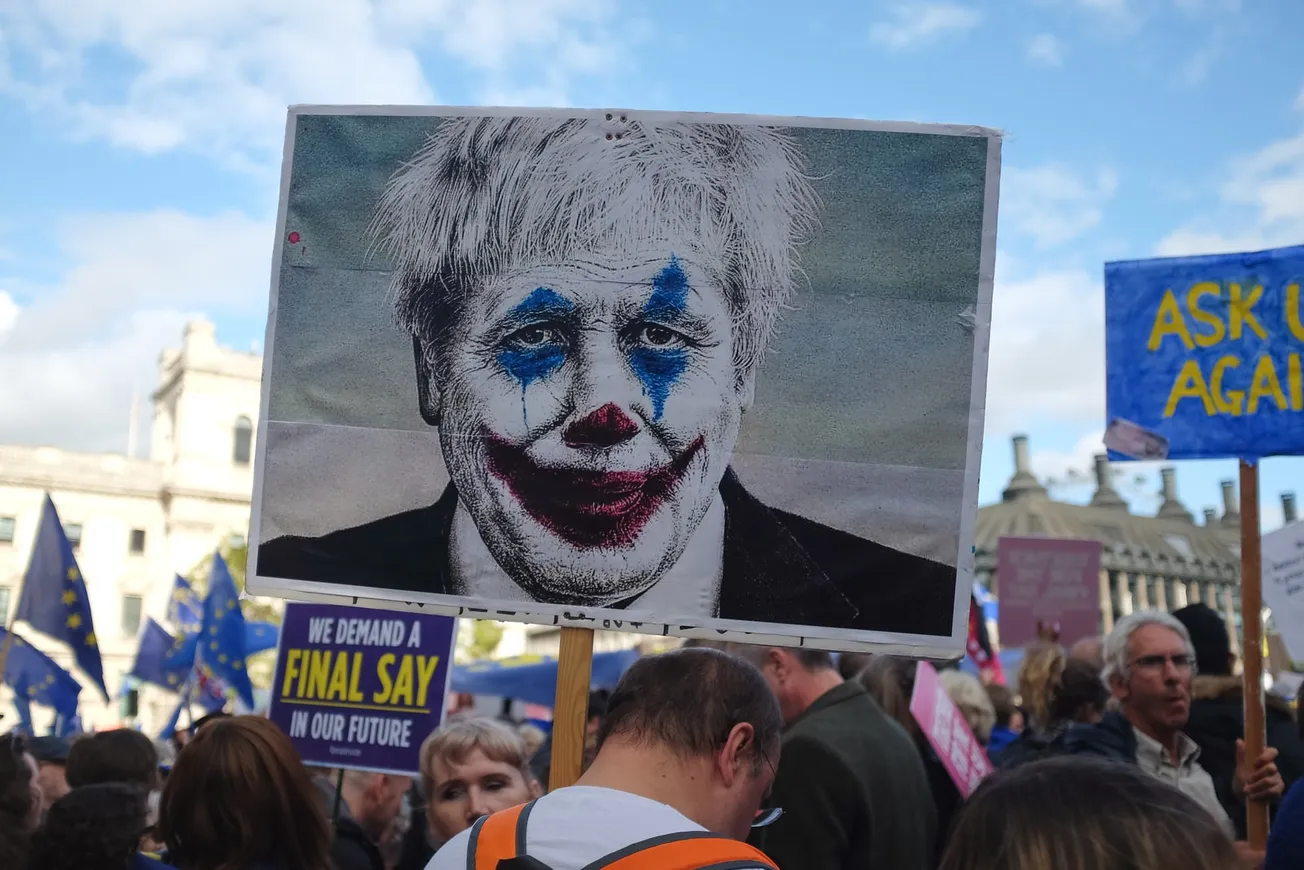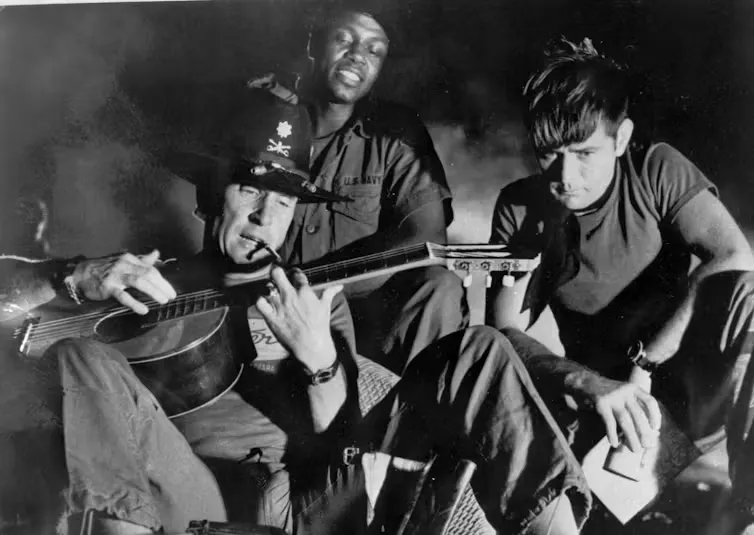Table of Contents
Information
Opinion
Like many people, I have been disappointed by the demise of Boris Johnson as British Prime Minister. I had been a longtime supporter of Boris and his various activities on the way to the top job, never once doubting he would eventually reach Number 10. What is intriguing about his demise are the astonishing historical parallels going back one entire century – almost to the day. For those of you younger folk who think anything particularly ‘new’ is taking place in the World; it isn’t.
In 1918 there had been a coalition government formed to win the war; once the war ended it was felt a long-delayed general election should take place immediately and the wartime coalition continue to transition to a peacetime economy and way of life. Britain was involved in costly “adventures” in Europe, ended its involvement, and then undertook a transitional period. Does that remind you of anything a century later?
The Prime Minister in 1918 (actually from 1916) had been David Lloyd-George, a Liberal yet (curiously) not the leader of the Liberal party. The Conservative party leader was David Bonar-Law who was happy enough to be the number two man. The coalition consisted of 379 Conservatives and around 120 Liberals, yet the Tory party was happy to have Lloyd-George as Prime Minister; there was never a suggestion otherwise despite the strength of each party.
Almost immediately after the 1918 election had taken place the problems began. A pandemic, mass unemployment, an economic slump, and rumours about some very shady goings-on involving the Prime Minister. (In the case of Lloyd-George he was openly selling Knighthoods, peerages, and other honours to some very dodgy people). Once again, does any of this sound familiar to you dear reader?
One thing led to another and many in the Tory party were very uneasy with the Prime Minister, especially when they started losing seats at by-elections. In 1922 there were calls to end the coalition and govern in their own right. Whilst this was happening on the backbench, certain ministers (happy to have the baubles of office Lloyd-George gave them) were doing the dirty behind the scenes – most notably the “ambitious” Stanley Baldwin writing letters to The Times under a pen name.
It all came to a head when a by-election took place in Wales in which the Conservative candidate – who campaigned calling for an end to the coalition – was elected (much to his own surprise!) and the “Coalition” Liberal came a poor third; reminiscent of by-elections a couple of weeks back in Tiverton and Wakefield. The Tory backbenchers, along with several Ministers, met at the Carlton Club where a vote was taken and the Lloyd-George government was over.
As I say, the historical parallels are quite remarkable; an entire century passes and not much changes does it?
Personally, I think Boris Johnson has been a great British Prime Minister and most of the criticism of him has been a media creation; sanctimonious, virtue-signalling, and avoiding holding the opposition to a similar standard.









